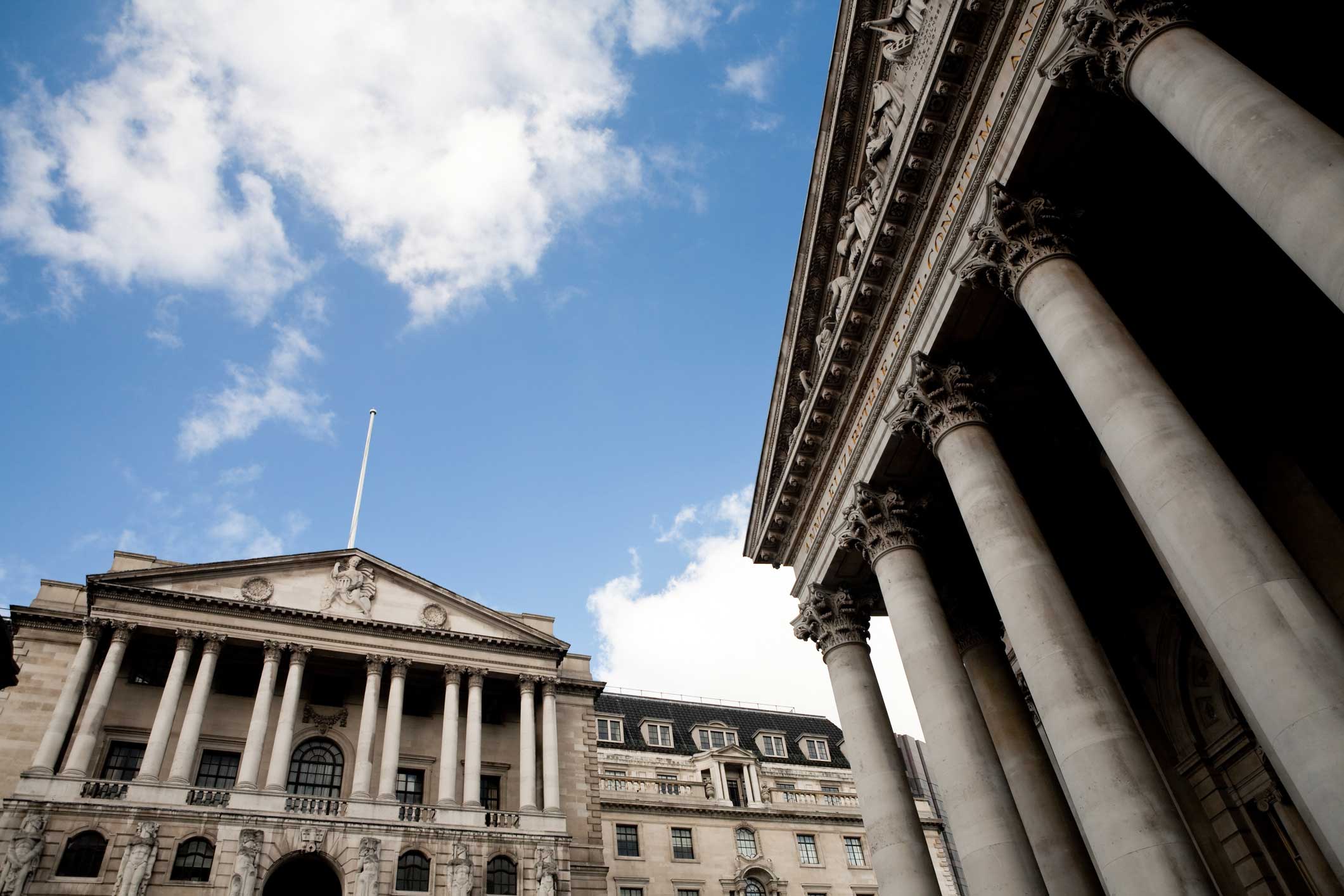What the Bank of England base rate cut means for borrowers, savers and investors
The Bank of England has cut the base rate from 0.75% to 0.25% in a bid to help the economy amid coronavi…
11th March 2020 10:07
by Emma Lunn from interactive investor
The Bank of England has cut the base rate from 0.75% to 0.25% in a bid to help the economy amid coronavirus concerns.

The next Monetary Policy Committee (MPC) meeting was due to be on 26 March but members of the committee held an emergency meeting on 10 March where members voted unanimously to reduce the base rate.
The move is part of a package of measures which aim to help businesses and consumers during the turmoil caused by Covid-19.
But how will the rate cut affect mortgage borrowers, savers and investors?
Mortgages
Anyone on a tracker mortgage should see the interest rate they pay cut by 0.5%.
A borrower with a £100,000 mortgage repayable over 25 years currently paying a rate of 1.5% on a tracker mortgage will see their interest rate cut to 1%, and their monthly payments fall from £400 to £377, a saving of £23 a month.
In theory, borrowers on their lender’s standard variable rate (SVR), or a mortgage product linked to their lender’s SVR, will also see the interest rate they pay reduced. However, we are yet to see which lenders will pass on the rate cut in full.
Borrowers on fixed rate mortgages, however, won’t see any benefit from the rate cut.
But for those people looking for a new mortgage, the mortgage deals on offer should become cheaper.
Mark Harris, chief executive of mortgage broker SPF Private Clients, says: “Swap rates have tumbled in recent days and both the reduction in base rate, plus lower Swap rates, will lead to even cheaper mortgage products.
“We would expect five-year pricing to fall close to its previous record low of 1.29 per cent in 2017 (for a five-year fix from Atom Bank). The big question is could they fall below 1 per cent?”
Savers
The rate cut isn’t such good news for savers who have suffered from record low savings rates for more than a decade.
Anna Bowes, co-founder of Savings Champion, says: “Savers have seen cuts to both the best buy and existing savings accounts accelerate over the last couple of months in particular, even though no base rate cut has happened until today.
“Some providers, including most of the big high street banks, are already paying such low interest rates to their savers, that there is very little wiggle room to make things much worse – for example, Lloyds Bank is current paying just 0.10% on its on-sale Easy Saver. And Halifax cut the rate on its infamous off-sale Liquid Gold account to just 0.05% on 17 February. Will we see further cuts from the like of these?”
Investors
The FTSE100 fell to a three-year low on Monday, although has rallied since the base rate announcement.
Helal Miah, investment research analyst at The Share Centre, says: “Ahead of the announcement markets indicated that the FTSE100 would open down by roughly 1% and immediately after the announcement indications turned to a 1% rise on the UK stock market with the actual market opening up by 2% at 8am.
“However, this is little relief for investors who have lost 15 to 20% over the past month and this morning's moves will just become part of the noise in this crisis. The very small moves in the pound immediately after the announcement may be a better reflection of insignificance global investors place on this event in the context of the current events.”
This article was originally published in our sister magazine Moneywise, which ceased publication in August 2020.
These articles are provided for information purposes only. Occasionally, an opinion about whether to buy or sell a specific investment may be provided by third parties. The content is not intended to be a personal recommendation to buy or sell any financial instrument or product, or to adopt any investment strategy as it is not provided based on an assessment of your investing knowledge and experience, your financial situation or your investment objectives. The value of your investments, and the income derived from them, may go down as well as up. You may not get back all the money that you invest. The investments referred to in this article may not be suitable for all investors, and if in doubt, an investor should seek advice from a qualified investment adviser.
Full performance can be found on the company or index summary page on the interactive investor website. Simply click on the company's or index name highlighted in the article.